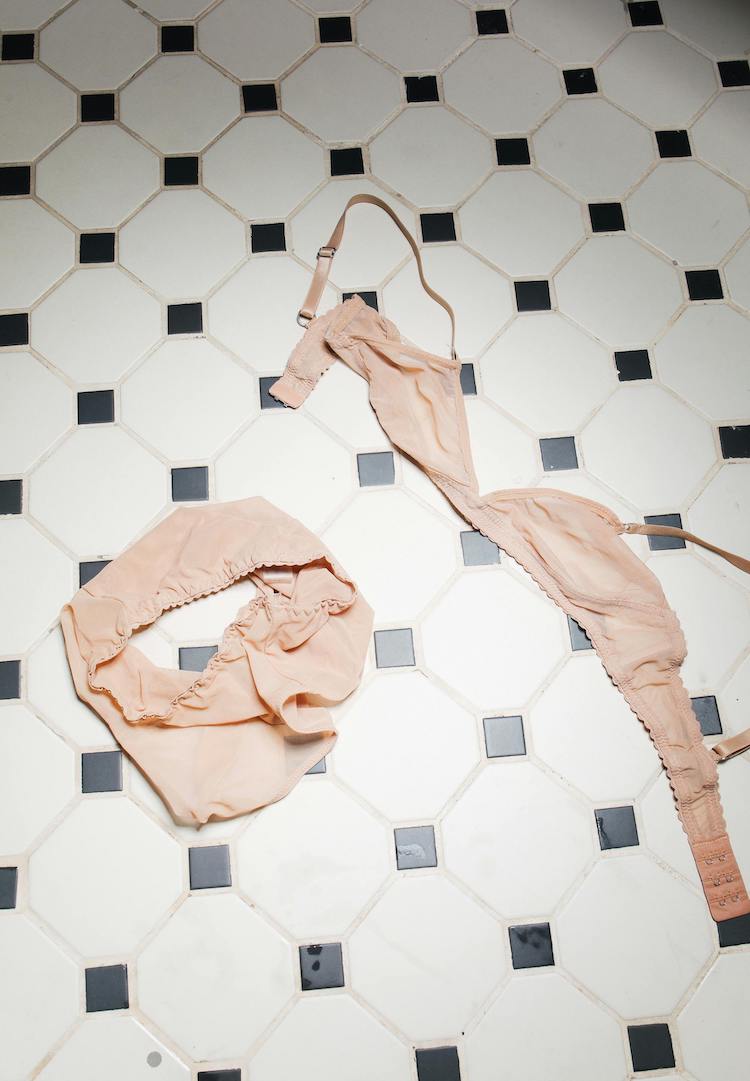How influencers have ruined the online sex industry for sex workers
WORDS BY TORI MATHISON
It’s not easy money.
In the face of COVID-19, we have all experienced unprecedented hardship. We’re being forced to find new ways to navigate our industries and rapidly adjust to discouraging employment prospects. But unlike myself – someone who is armed with government support and flexible working arrangements within my industry – many workers within the sex industry aren’t afforded the same assistance.
As strip clubs were one of the first businesses to be shut down and will likely be the last to reopen, there is much anxiety about future employment for people operating within these industries. Many sex workers have fallen on hard times financially, something we explored in this feature.
Dallas*, a stripper based in Melbourne, is one such sex worker. As a student who wasn’t eligible for the full sum of government support while studying, the income she was making pre-COVID as a stripper was spent on her day-to-day expenses and staying afloat whilst balancing study and work. As strip clubs closed and it was unclear when she would be able to work again, she looked into JobSeeker and JobKeeper. Even though in some states and circumstances sex workers are eligible, she wasn’t.
“It was really hard for me to watch hospitality businesses reopen and know those workers would also be receiving ongoing financial support from the government because their industries are considered more valid than ours. That our worker’s rights are being put behind other peoples. I’m not sure when I’m going to be able to work again. It could be two months; it could be two years. I just don’t know. And that uncertainty is a big cause of anxiety in my life,” she tells me.
This uncertainty forced Dallas to consider her options inside and outside of her industry. In the wake of mass unemployment, online adult content sharing platforms like AVN Stars and OnlyFans have been inundated with hundreds of women trying to field an alternative income, making it harder for strippers and sex workers to gain the traction required to generate a consistent income via digital sex work. Moving online also involves greater risks for users who become vulnerable to the inherent dangers of online content creating.
“I think they’re great platforms and it’s great that they exist. They’re creating a platform for sex workers to actually make money during this time, and compared to having nothing it’s amazing. However, there’s a lot of risks involved. There’s the risk of people stealing content from OnlyFans and AVN and outing the performers as sex workers. Or redistributing it on Pornhub for free, where they detract revenue from the sex worker whose intellectual property it is. But there is also significantly less income through online work anyway,” she tells me.
Aside from the risks, Dallas highlights that there is a lot of unpaid work that has to be done in order to build strong customer relationships online. “Engaging in and maintaining conversations with potential clients via DMs and uploading consistent free content to attract new customers is excessive, even just to keep your existing following steady.
“The on-call nature of online sex work is tiring too, having to work without a set shift to ensure I get every job I’m offered. Sometimes I’ll be eating dinner with my housemates and have to duck out to my room to shoot a custom video for a client,” she says.
The influx of young women and influencers taking the stage on websites like OnlyFans and AVN – generally women who are uninitiated in sex work but bring thousands of followers with them to these platforms – is posing significant challenges for legitimate sex workers trying to make it online. This is something Dallas is experiencing firsthand.
“Online sex work and content creating is already highly competitive and the flood of new users isn’t doing us any favours. It’s insulting watching women who haven’t spent a night in a strip club – on their feet for hours on a slow night only to go home with barely $50 profit over the house fee – roping in hundreds on OnlyFans and making it into the top six per cent of creators in the space of a fortnight. It’s also an issue of equipment too, having the right cameras, the right props and costumes. It all costs money,” she explains.
But this issue is much broader than COVID-19 work restrictions. The discrimination and dangers that strippers and sex workers face are a product of the deep-seated conservatism in our government and a social narrative that marginalises individuals working within the industry.
Despite the decriminalisation of sex work in some parts of Australia in the ’90s, we haven’t come as far as we could and should have. Considering the absence of legal foundations and regulations within the sex industry that make unionising sex work challenging, strippers and sex workers are dependent on external organisations for support.
“A lot of support available to sex workers comes from organisations separate to the government, like the Scarlet Alliance and SWOP. The government is always going to give that time and that voice to someone else and to another sector of the community that isn’t a sex worker or the sex industry, just because of the controversial nature of it,” says Dallas.
There need to be dramatic changes at the governmental level when it comes to sex work, but we also need attitudes towards sex workers to change within our communities. Allyship and solidarity are powerful when used to elevate the voices of those within the sex work narrative, and Dallas believes that real, tangible change will eventually be achieved if people continue to discuss and deconstruct their preconceived ideas about sex work.
“I love my job. And I love the community of inspiring people I have come to know through the work that I do. There is definitely a long way to go until our work is legally validated and socially legitimised. But by opening up the conversation and being able to deconstruct these systemic issues, we’re definitely going to see progress in the treatment of workers within my industry who are too often neglected.”













